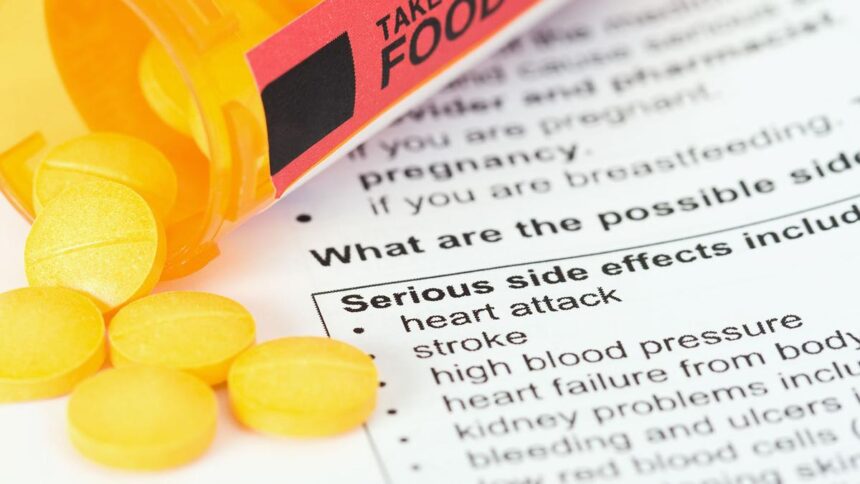For the first time, the importance of medicine safety, along with the process of reporting side effects via the Yellow Card Scheme, has been incorporated into the statutory Relationships, Sex and Health Education (RSHE) guidance for schools in England, as announced by the United Kingdom’s Medicines and Healthcare products Regulatory Agency (MHRA). This initiative marks a significant step in public health protection.
In collaboration with the Department for Education, the MHRA has successfully integrated vital knowledge about medicine safety into the national curriculum, ensuring that children and young people are equipped with the necessary tools to identify and report potential side effects from medications.
The latest statutory guidance now includes links to the Yellow Card Scheme and features a dedicated child-friendly guide that has been tested with over 3,500 children and young people. The included content explains what a side effect is, the importance of reporting medication issues, how to submit a Yellow Card report, and the role of the MHRA in maintaining public safety.
Lawrence Tallon, Chief Executive of the MHRA, stated, “This World Patient Safety Day (September 17), we’re marking a new era in public health. By equipping young people with knowledge about medicine safety, we’re laying the foundations for a lifetime of safer healthcare. The inclusion of information on how to report side effects via the Yellow Card scheme in schools ensures every child knows that their voice matters in making medicines and devices safer for everyone.”
Stephen Tomlin, a representative from The Royal College of Paediatrics and Child Health (RCPCH) and the Neonatal and Paediatric Pharmacy Group (NPPG) Joint Medicines Committee, added, “Medicines are the largest therapeutic intervention in the healthcare setting, and children often experience the successes and challenges with medicines differently than adults. This initiative supports children in engaging with medicine safety, enhancing their own care and providing them with a lifelong skill in medicine safety.”
The educational changes ensure that even the youngest individuals understand how to take charge of their health, advocate when issues arise, and contribute to enhancing the safety of medicines and medical devices for all.
Source: MHRA
Published on September 22, 2025










